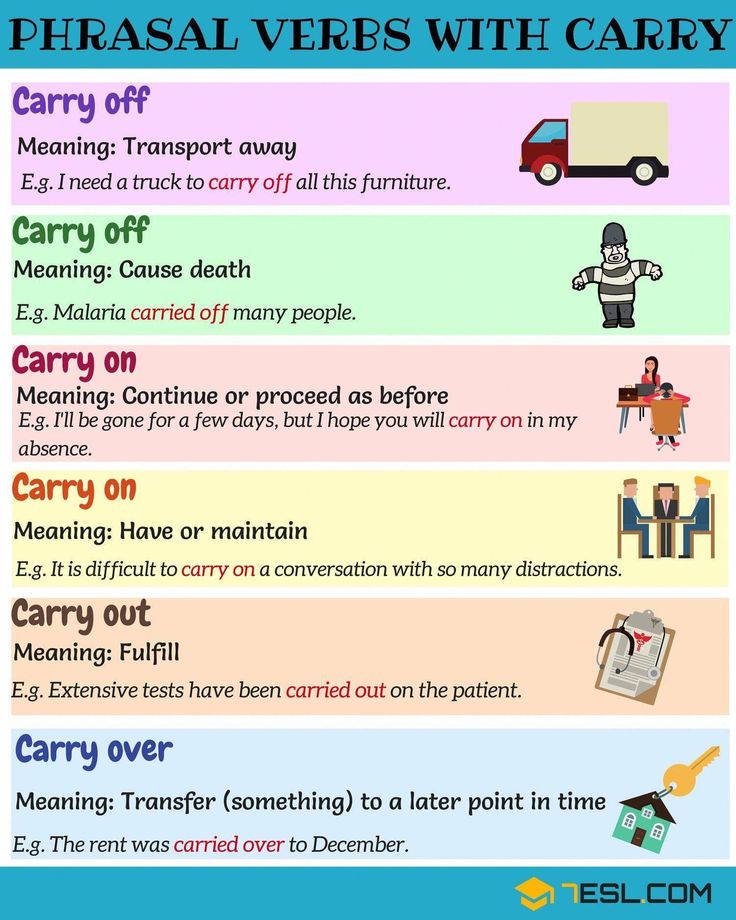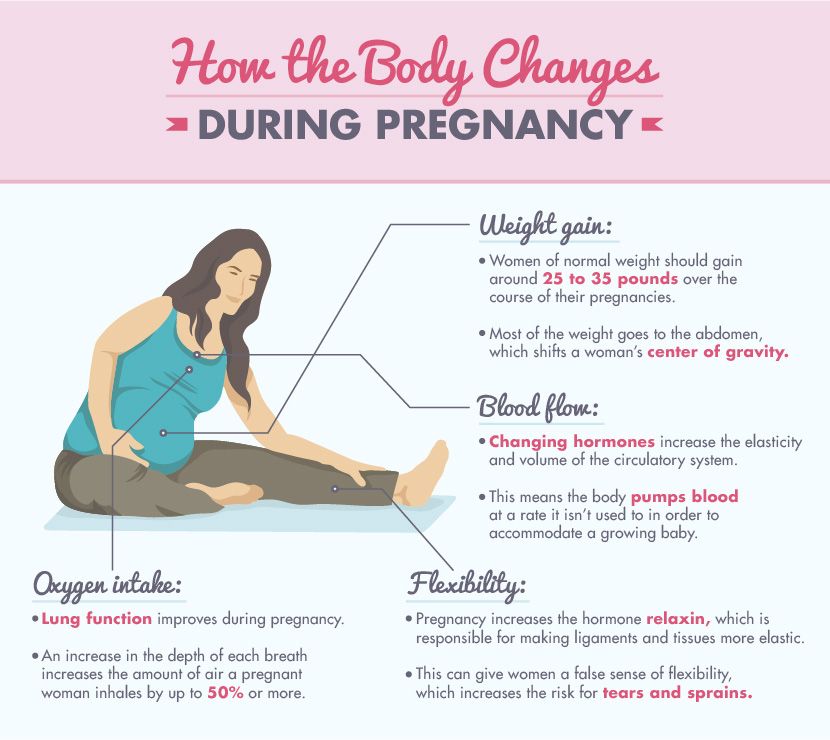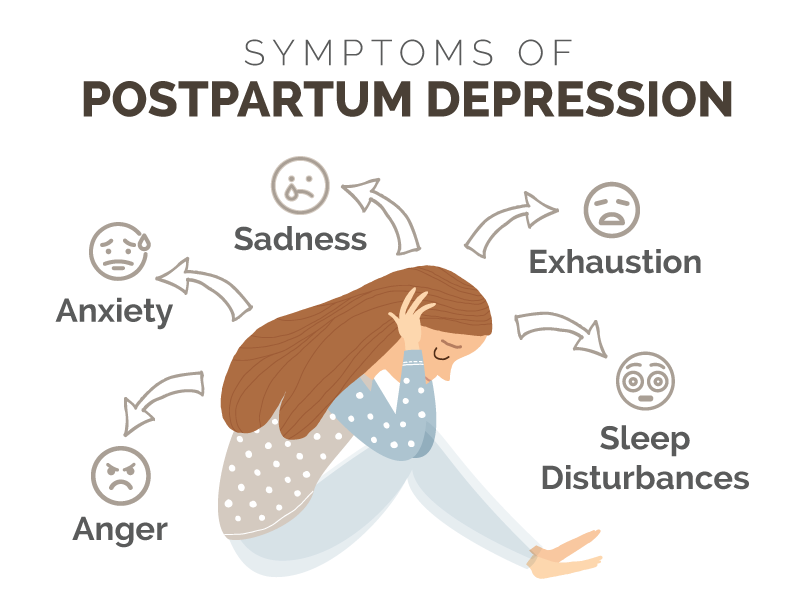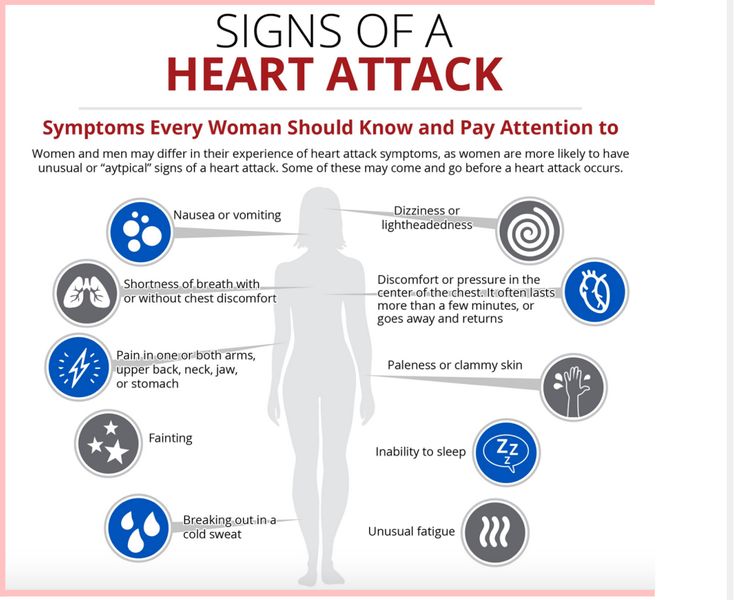Why do people become cynical
Is Cynicism Ruining Your Life?
Whether it's a lazy co-worker who calls in sick every Monday or a flaky friend who always bails at the last minute, there's always someone or something in our lives that can make us cynical. Like an ill-fitting sweater, cynicism can be easy to slip into, yet difficult to shake off.
But what are the risks of indulging in cynical attitudes? A 2009 study of more than 97,000 women showed that optimistic women had lower rates of coronary heart disease, cancer-related deaths, and mortality. Conversely, women with the most pessimistic and cynical personalities, had higher rates of these diseases and death. When we think of hostility and negativity as life-threatening conditions, it makes the goal of being less cynical all the more crucial.
Cynicism is part of a defensive posture we take to protect ourselves. It's typically triggered when we feel hurt by or angry at something, and instead of dealing with those emotions directly, we allow them to fester and skew our outlook. When we grow cynical toward one thing in our lives, we may slowly start to turn on everything.
During a visit with her family over the holidays, a friend of mine found herself getting increasingly frustrated with her husband. What started as small irritations at him for forgetting their camera and not being ready on time soon grew into a hostile attitude toward almost everything he did. This critical and guarded point of view shaped her vacation and left her grouchy and irritable toward her family and friends. It wasn't until she got home that she asked herself, "What was my problem? How did I let that feeling of cynicism take over?"
When we get cynical, we are often indulging in self-righteous attitudes and forming expectations that people should behave a certain way. For example, my friend had thoughts like, "I never would have made him wait; he is so inconsiderate" or " I guess he really doesn't care if we get pictures of us with his family. I care more than he does about us all being together.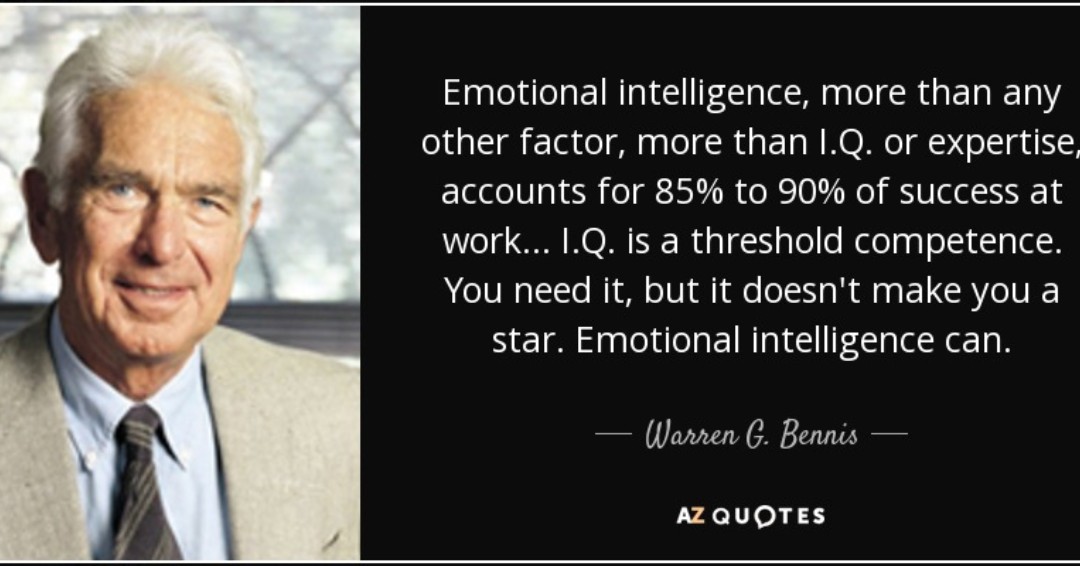 "
"
Through this shadowy perspective, we start to seek out and focus on the worst in people. My friend's anxiety about the visit combined with her style of coping by "being organized" and "taking control of the situation" made her more reactive to anything that didn't go as she had planned. She was on edge, watching for mistakes, rather than focusing on the experience of sharing something with her husband.
My friend's story reminded me that cynicism often surfaces when we direct negative emotions or perceptions we have toward ourselves outward onto those around us. Her critical feelings toward her husband rose from a pressure she was putting on herself to "be her best" in front of their families. She wanted everything to go perfectly, from their arrival to the pictures they would come home with.
Many of our cynical emotions arise when we are feeling vulnerable. In moments when we are feeling open and are let down, we are far more likely to react by toughening up and becoming defensive. Heightened susceptibility to cynicism can be a sure sign that we've turned on ourselves. When we enter this state of mind, we are often viewing those around us through the same critical filter through which we see ourselves. This "critical inner voice" is frequently directed at us, telling us we are not good enough or that we are not going to fit in. Yet the harsh judgment of this inner critic can easily be projected outward onto the people around us. We may start seeing anyone from our closest friend to a distant relative solely for their flaws and fail to have compassion for their own struggles and distractions.
Heightened susceptibility to cynicism can be a sure sign that we've turned on ourselves. When we enter this state of mind, we are often viewing those around us through the same critical filter through which we see ourselves. This "critical inner voice" is frequently directed at us, telling us we are not good enough or that we are not going to fit in. Yet the harsh judgment of this inner critic can easily be projected outward onto the people around us. We may start seeing anyone from our closest friend to a distant relative solely for their flaws and fail to have compassion for their own struggles and distractions.
Because cynical and suspicious attitudes create a negative filter through which we observe our surroundings, when we are in this state, we tend to miss out on joys in life. We indulge in an "us versus them" mentality that pins us against a certain person or group. It is easy to distort people and create a caricature of their flaws. When we do this, it's valuable to ask ourselves, "Whose point of view is coming through? Is this how I really feel, or am I overreacting based on old feelings from my past?"
These connections aren't always easy to make, but very often, our cynical attitudes mirror those of influential figures from our past.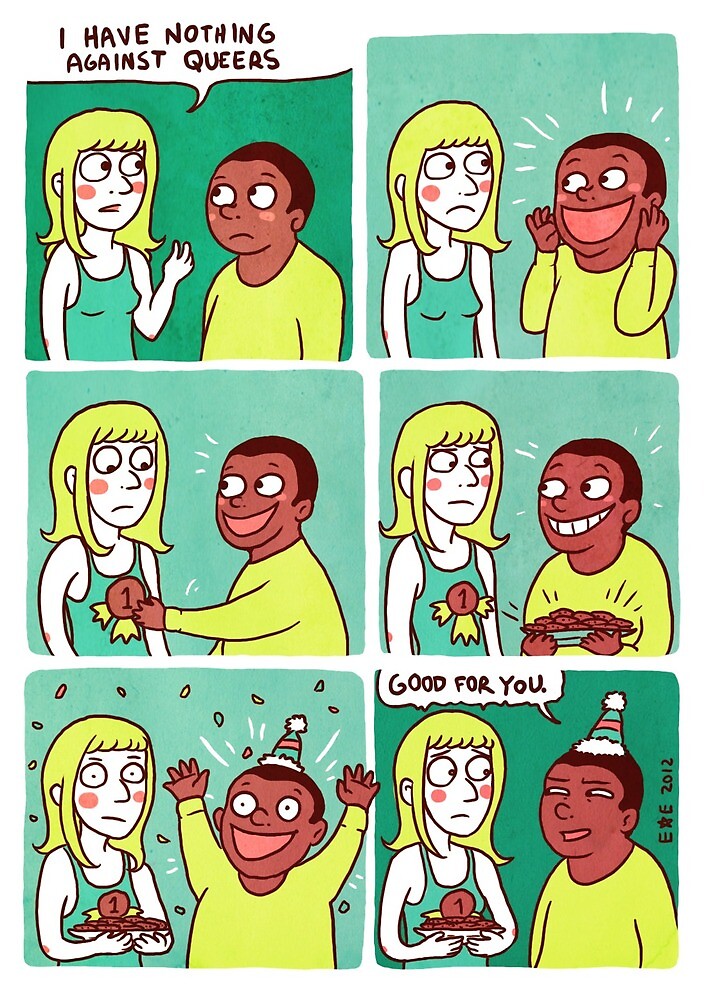 When my friend told her story of her holiday getaway, she remarked, "The way I tore into my husband, I sounded exactly like my mother. They actually felt like her words, not mine." The critical attitudes we're exposed to early in life, whether directed at us or at others, can shape the way we see people when we grow up. Events that leave us feeling vulnerable, hurt or angry will often trigger these old, defended, often cynical, reactions. As adults, it is our responsibility to separate these attitudes from our own and to differentiate from destructive early influences, so we don't hurt those closest to us.
When my friend told her story of her holiday getaway, she remarked, "The way I tore into my husband, I sounded exactly like my mother. They actually felt like her words, not mine." The critical attitudes we're exposed to early in life, whether directed at us or at others, can shape the way we see people when we grow up. Events that leave us feeling vulnerable, hurt or angry will often trigger these old, defended, often cynical, reactions. As adults, it is our responsibility to separate these attitudes from our own and to differentiate from destructive early influences, so we don't hurt those closest to us.
This negativity can be contagious, bringing down those around us. It will lead us to alienate others, acting in a hostile manner, or to become self-protective and isolated. Ultimately, it is always in our own self-interest to be open and vulnerable rather than to be nasty or write people off. The only person we can control is ourselves. When we get cynical, we are the ones who suffer.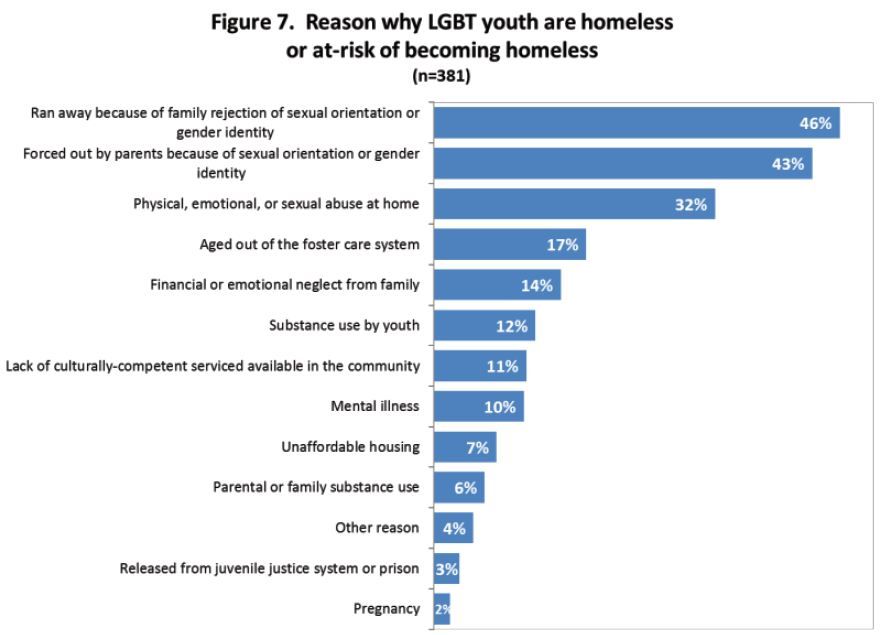
Being a glass-half-full kind of person, not only makes us happier but healthier. Research published in the Journal of Personality poses that "positive emotions contribute to psychological and physical well-being via more effective coping." In other words, our positive feelings actually make us more resilient when facing negative circumstances. So the question becomes: Why not look for the best in people? Why make ourselves suffer over the flaws in others? How can we shake off cynical, destructive points of view and the critical attitudes that lead us in a downward spiral?
Avoiding cynicism does not mean avoiding emotions. It is not about being phony or in fantasy when it comes to our surroundings. Rather, it is about alleviating our own suffering by dealing with emotions directly without letting them color the lens through which we view the world. It is important to acknowledge our emotions and to allow ourselves to feel them fully. We can then decide how we want to act.
Instead of letting out critical comments under our breath or gossiping about someone we feel provoked by, we can think about what is triggering our cynical reactions. Are we projecting our self-attacks? Are we experiencing hurt or anger? Have we perhaps slipped into a point of view that is not our own? We can then talk with someone else about our feelings, or we can at least acknowledge what we are feeling to ourselves. We can then maintain our integrity by taking actions that won't leave us to sabotage our own experience or bubble over with cynicism.
To take a different course, we have to be sensitive to ourselves and notice what we are experiencing. Cultivating a compassionate attitude, in which we are curious, open, accepting, and loving toward ourselves is essential to fighting cynicism. When we are able to feel safe and secure in ourselves, we are better able to express compassion toward others. We can start by recognizing that everyone struggles. Often, when a person does something that hurts us, they are acting from a place of defense and hurt themselves. Some people may have worse traits than others, but everyone has shortcomings.
Some people may have worse traits than others, but everyone has shortcomings.
Compassion requires a unique combination of accepting that we each have sovereign minds that think differently, while also realizing that we are all in the same boat, that we are all hurt in our own ways. Compassion counters cynicism by allowing us to feel our anger, pain, or frustration without taking these feelings to a dark place that bends both us and those close to us out of shape. My friend's biggest regret over her holiday was having acted cold and dismissive toward her husband instead of seeing that he too was hurting. Visiting his family always brought up painful memories of being called "stupid" and "forgetful." She could have expressed her concern without turning against him, and they both could have benefited by talking through their underlying emotions.
It's important to accept that we create the world we live in. When we cultivate compassion instead of turning cynical, we feel better. We feel closer to the people we care about and more fulfilled within ourselves. By being open and understanding, we relieve ourselves of our own destructive attitudes, and we draw out the best in those around us.
We feel closer to the people we care about and more fulfilled within ourselves. By being open and understanding, we relieve ourselves of our own destructive attitudes, and we draw out the best in those around us.
Read more from Dr. Lisa Firestone at PsychAlive.org.
Why People Are So Cynical
How do people come to believe that others are so much less trustworthy than themselves?
Much as we might prefer otherwise, there’s solid evidence that, on average, people are quite cynical. When thinking about strangers, studies have shown that people think others are more selfishly motivated than they really are and that others are less helpful than they really are.
Similarly, in financial games psychologists have run in the lab, people are remarkably cynical about the trustworthiness of others. In one experiment people honored the trust placed in them between 80 and 90 percent of the time, but only estimated that others would honor their trust about 50 percent of the time.
Our cynicism towards strangers may develop as early as 7 years old (Mills & Keil, 2005). Surprisingly people are even overly cynical about their loved ones, assuming they will behave more selfishly than they really do (Kruger & Gilovich, 1999).
What could create such a huge gap between how people behave themselves and how they think others behave?
Trust me
People often say that it’s experience that breeds this cynicism rather than a failing in human nature. This is true, but only in a special way.
Think about it like this: the first time you trust a stranger and are betrayed, it makes sense to avoid trusting other strangers in the future. The problem is that when we don’t ever trust strangers, we never find out how trustworthy people in general really are. As a result, our estimation of them is governed by fear.
If this argument is correct, it is lack of experience that leads to people’s cynicism, specifically not enough positive experiences of trusting strangers.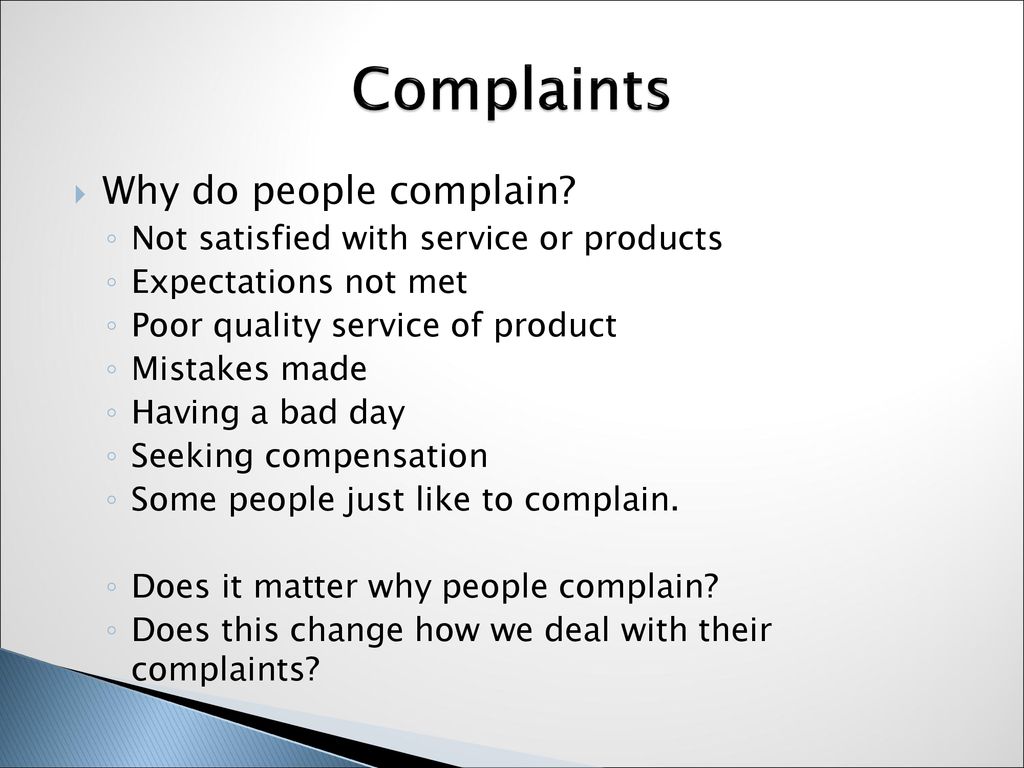 This idea is tested in a new study published in Psychological Science. Fetchenhauer and Dunning (2010) set up a kind of ideal world in the lab where people were given accurate information about the trustworthiness of strangers to see if that would reduce their cynicism.
This idea is tested in a new study published in Psychological Science. Fetchenhauer and Dunning (2010) set up a kind of ideal world in the lab where people were given accurate information about the trustworthiness of strangers to see if that would reduce their cynicism.
They recruited 120 participants to take part in a game of economic trust. Each person was given €7.50 and asked if they’d like to hand it to another person. If the other person made the same decision the pot would increase to €30. They were then asked to estimate whether the other person would opt to give them their half of the total winnings.
The participants watched 56 short videos of the people they were playing against. The researchers set up two experimental conditions, one to mimic what happens in the real world and one to test an ideal world scenario:
- Real life condition: in this group participants were only told about the other person’s decision when they decided to trust them.
 The idea is that this condition simulates real life. You only find out if others are trustworthy when you decide to trust them. If you don’t trust someone you never find out whether or not they are trustworthy.
The idea is that this condition simulates real life. You only find out if others are trustworthy when you decide to trust them. If you don’t trust someone you never find out whether or not they are trustworthy. - Ideal world condition: here participants were given feedback about the trustworthiness of other people whether or not they decided to trust them. This simulates an ideal-world condition where we all know from experience just how trustworthy people are (i.e. much more trustworthy than we think!)
Breaking down cynicism
Once again this study showed that people are remarkably cynical about strangers. Participants in this study thought that only 52 percent of the people they saw in the videos could be trusted to share their winnings. But the actual level of trustworthiness was a solid 80 percent. There’s the cynicism.
That cynicism was quickly broken down, though, by giving participants accurate feedback about others’ trustworthiness. People in the ideal world condition noticed that others could be trusted (they upped their estimate to 71 percent) and were also more trusting themselves, handing over the money 70.1 percent of the time.
People in the ideal world condition noticed that others could be trusted (they upped their estimate to 71 percent) and were also more trusting themselves, handing over the money 70.1 percent of the time.
People in the ideal world condition could even be seen shedding their cynicism as the study went on, becoming more trusting as they noticed that others were trustworthy. This suggests people aren’t inherently cynical, it’s just that we don’t get enough practice at trusting.
Self-fulfilling prophecy
Unfortunately, we don’t live in the ideal world condition and have to put up with only receiving feedback when we decide to trust others. This leaves us in the position of trusting to psychology studies like this one to tell us that other people are more trustworthy than we imagine (or at least people who take part in psychology studies are!).
Trusting others is also a kind of self-fulfilling prophecy, just as we find in interpersonal attraction. If you try trusting others you’ll find they frequently repay that trust, leading you to be more trusting. On the other hand if you never trust anyone, except those nearest and dearest, then you’ll end up more cynical about strangers.
On the other hand if you never trust anyone, except those nearest and dearest, then you’ll end up more cynical about strangers.
Why do people become cynical? | Psychology
Cynicism is now in vogue. Some even believe that this is a sign of intelligence and life experience. True, the experience is some kind of all negative. And they say that "cynics are frustrated romantics." Let's figure it out.
In essence, cynicism is a depreciation of what hurts, causes a storm of feelings, which are difficult to endure and do not want to be in. It is a way of protection from pain and fear. nine0003
The longer we exist, the more emotional events and losses we experience, the more difficult it is to stay alive. Therefore, many associate callousness, bitterness and cynicism with experience.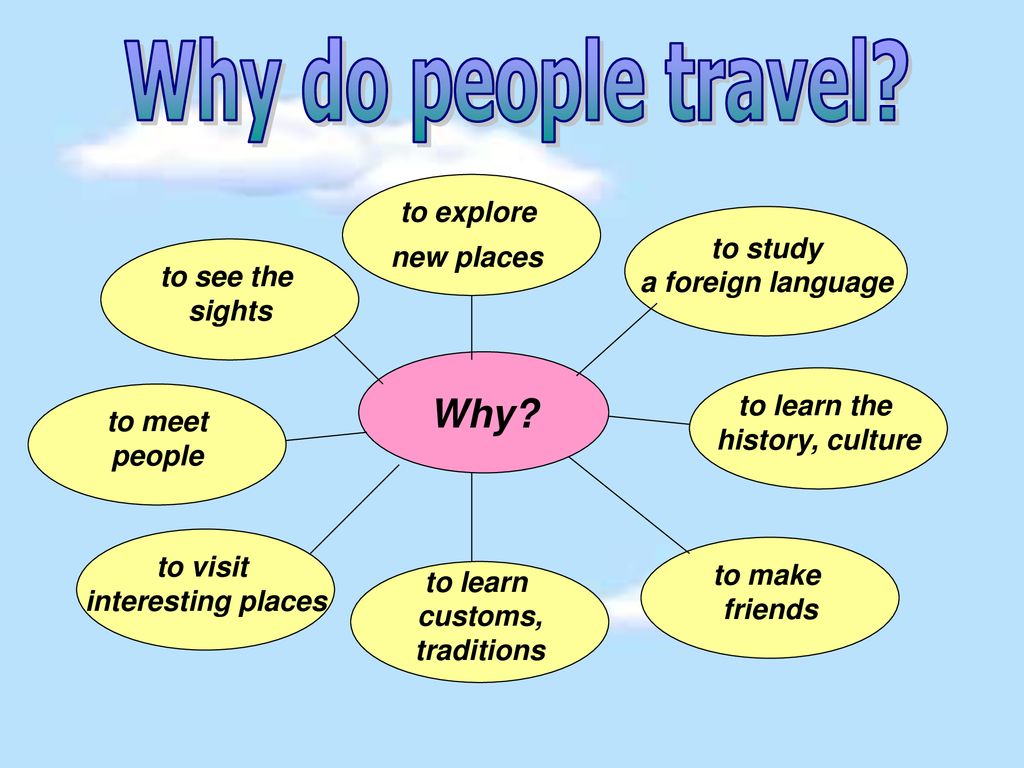 Like, these are naive creatures who got little from life, they see rainbows and flowers everywhere. “Normal”, experienced (that is, wounded and unable to cope with their losses) people exude much more negativity. Of course they exude. After all, they carry it with them, never having survived. nine0003
Like, these are naive creatures who got little from life, they see rainbows and flowers everywhere. “Normal”, experienced (that is, wounded and unable to cope with their losses) people exude much more negativity. Of course they exude. After all, they carry it with them, never having survived. nine0003
Cynicism is an unlived pain that comes out at the first opportunity - in jokes, barbs, sarcasm. The deep essence of all this is to make the other (the one who is naive and still believes in goodness) feel the pain of a cynic, in order to share his feelings at least so “crookedly”, but to force the other to accept them. When a “naive” person gets sick or sad from the cynical statements of an “experienced” person, he will feel his pain, thereby sharing it. We can say that cynicism is a way to share grief with another person in order to reduce your own pain. She is known to weaken when someone takes her. nine0003
nine0003
The cynic talks non-stop about his pain. But he does not do this directly because he is ashamed to admit his failures, he is afraid of rejection and ridicule. That is, he is afraid to run into the same cynics. But the pain is looking for a way out! So he has to express it indirectly.
When he says something like “You are in love, right? Well, well, rejoice, I'll look at you in a couple of years, ”in fact, he reports his disappointments in love. He talks about how his love boat crashed and he still can't get over this loss. When a cynic devalues other people's successes, it means: “I wanted to be someone so much, but I didn’t succeed. It hurts and envies me to look at the achievements of others, because it reminds me of my failure. Another version of the translation from cynical into Russian: “I also want that, but I’m terribly afraid of failure, so I don’t even try.” Green grapes, so to speak. nine0003
Another version of the translation from cynical into Russian: “I also want that, but I’m terribly afraid of failure, so I don’t even try.” Green grapes, so to speak. nine0003
But cynicism does not always protect against one's own pain and fear. Sometimes a way not to take on too much of someone else's, to protect your boundaries from the experiences of other people. As you know, this business is actively traded by representatives of certain specialties, whose work is directly related to large volumes of other people's emotions. These are the specialists who work either with a huge number of people, or with feelings of high intensity. That is, some are forced to defend themselves by quantity, and others by quality. nine0003
The former include, for example, managers. They are responsible for a crowd of people, and if they enter into the position of each of the employees, then the whole organization will either start working at a loss, or even fall apart. This category also includes specialists, through whose hands and heads a large number of people pass - consultants, lawyers, etc. No mental strength is enough to worry about each client. There are many of them, but only one specialist. nine0003
They are responsible for a crowd of people, and if they enter into the position of each of the employees, then the whole organization will either start working at a loss, or even fall apart. This category also includes specialists, through whose hands and heads a large number of people pass - consultants, lawyers, etc. No mental strength is enough to worry about each client. There are many of them, but only one specialist. nine0003
The strength of emotions tends to cynicism those who have to deal with someone else's pain. This, as everyone has already guessed, doctors. A well-known fact: the most rude and cynical treatment of patients occurs precisely in those areas where patients find it most difficult. That is, in departments where people face the fear of death. This, of course, is very sad: after all, support is so desperately needed, and in return - rudeness! On the other hand, if a doctor (and not only policemen, firefighters, the Ministry of Emergency Situations - everyone here!) Shows sympathy, takes on at least part of the pain and fear of his patient, then nothing will be left of this doctor by the middle of the day.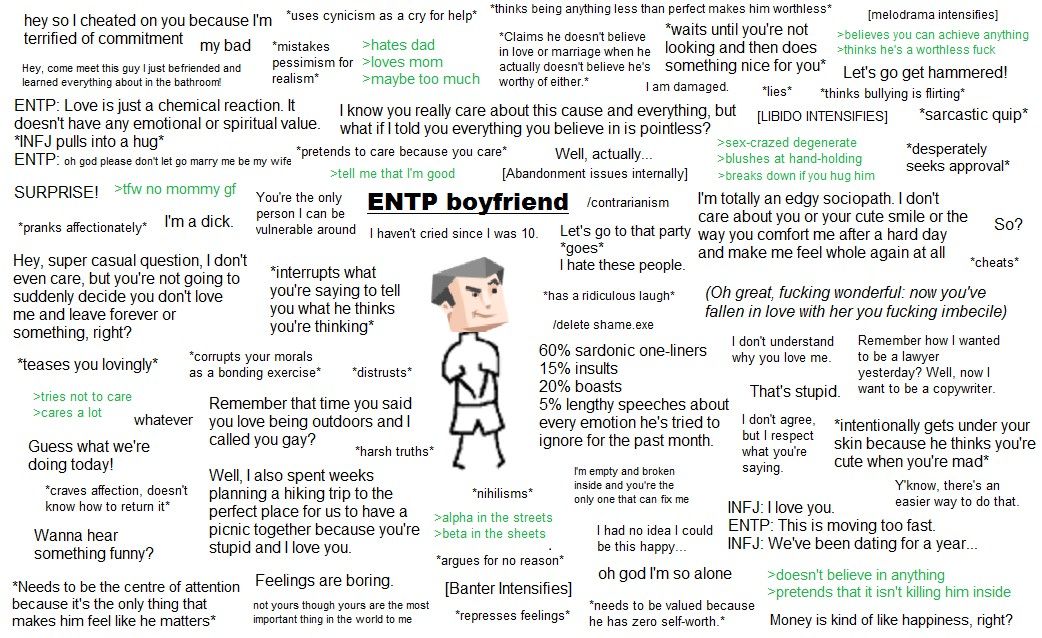 nine0003
nine0003
But a cynical attitude to someone else's pain is not always the result of professional deformation. Sometimes an “overdose” of pain is not related to the profession. Probably, each of us has encountered an offensive reaction to our own grief: you share feelings with a person, you look for support, and he does not respond with acceptance, but with cynical remarks. And somehow it becomes very embarrassing.
Here the reason may be either in an overdose (well, a person is not able to endure so much grief, he does not have so many mental resources), or in ... ordinary confusion. This is a very interesting feature of our time: there are no ready-made models of behavior, there are no instructions on how to deal with strong feelings. They themselves scare them, they want to “shut up” them by any means, just not to be in it.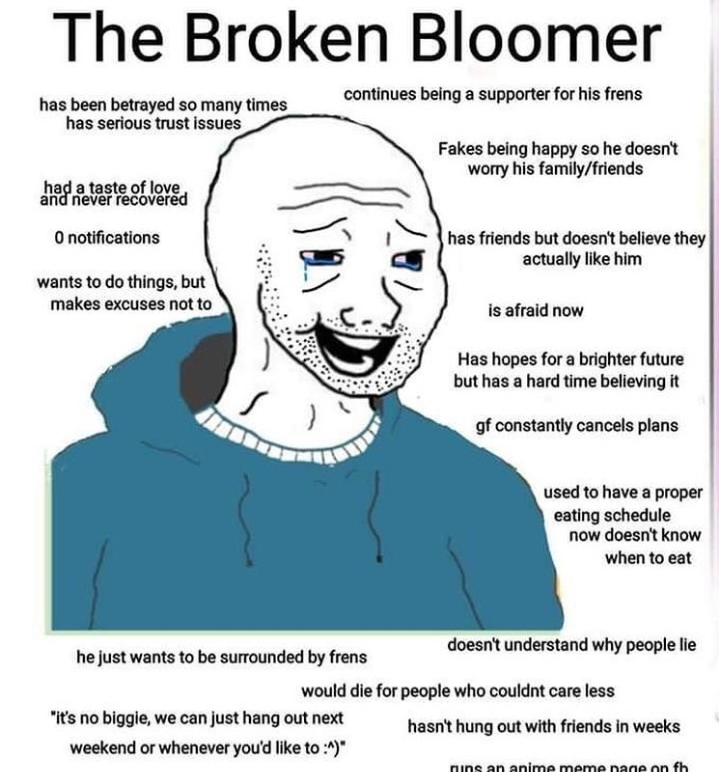 And when you need to do something with them, but there are no recipes - in general, panic sets in! Who was taught what to do and say if a person nearby, for example, lost a loved one? Or if the husband left the girlfriend? Or if the next one who is furious? What to talk about, how to behave? And how to express your anger? nine0003
And when you need to do something with them, but there are no recipes - in general, panic sets in! Who was taught what to do and say if a person nearby, for example, lost a loved one? Or if the husband left the girlfriend? Or if the next one who is furious? What to talk about, how to behave? And how to express your anger? nine0003
We just don't know what to do with strong feelings. This is where these ridiculous “calm down” and “everything will be fine” come from, which in fact bring few people back to normal.
In today's world it is difficult not to succumb to the temptation of cynicism. After all, this is such a universal and even “cool” way of emotional anesthesia! Feeling fear - cynicism, feeling pain - cynicism, not knowing how to help another - cynicism. True, for some reason happy people rarely suffer from this fashionable thing ... cynicism is somehow difficult to combine with the image of a satisfied, harmonious and whole person. It carries a taste of bitterness and despair rather than happiness and tranquility. nine0003
True, for some reason happy people rarely suffer from this fashionable thing ... cynicism is somehow difficult to combine with the image of a satisfied, harmonious and whole person. It carries a taste of bitterness and despair rather than happiness and tranquility. nine0003
Tags: psychological difficulties communication psychology, emotions, experiences
Why do people become cynical with age?
Why do people with …
26 responses Go to
#1
#2
#3
it's strange that you haven't been filled yet, camomile. Nothing, catch your man riding a girlfriend and instantly sober up to real life, where you can’t trust anyone.
Nothing, catch your man riding a girlfriend and instantly sober up to real life, where you can’t trust anyone.
#5
Olga
Why, I myself have encountered betrayal and hypocrisy and lies. But I do not want to become the same and pay with the same coin. I want to save myself! nine0003
#6
#7
9000 #8 9000 9000
1 08 08 November 08 November November November 08 2017, 14:46
#9
Guest
Author, in my heart I am also a naive open person with my soul wide open, but I don’t demonstrate all this to society, I keep the defense, because open your soul to people and they will certainly spit there.
#10
#11
Olga
Why, I myself faced betrayal and hypocrisy and lies. But I do not want to become the same and pay with the same coin. I want to save myself!
#12
#13
Olga
Why, I myself came across a betrayal and hypocrisy and with a lodge. But I do not want to become the same and pay with the same coin. I want to save myself! nine0003
#14
Guest
every day you have to spin. Fatigue and disappointment do not go anywhere, they accumulate. There are less and less forces, and it’s scary to even think about old age in our country. I spent a lot of years and energy on the daughter of whom I now interfere with life. That's why you ask at all all this was necessary.
Fatigue and disappointment do not go anywhere, they accumulate. There are less and less forces, and it’s scary to even think about old age in our country. I spent a lot of years and energy on the daughter of whom I now interfere with life. That's why you ask at all all this was necessary.
#15
#16
#17
#18
9000 9000 #19
Guest
But an egoist, because simplicity is worse than theft.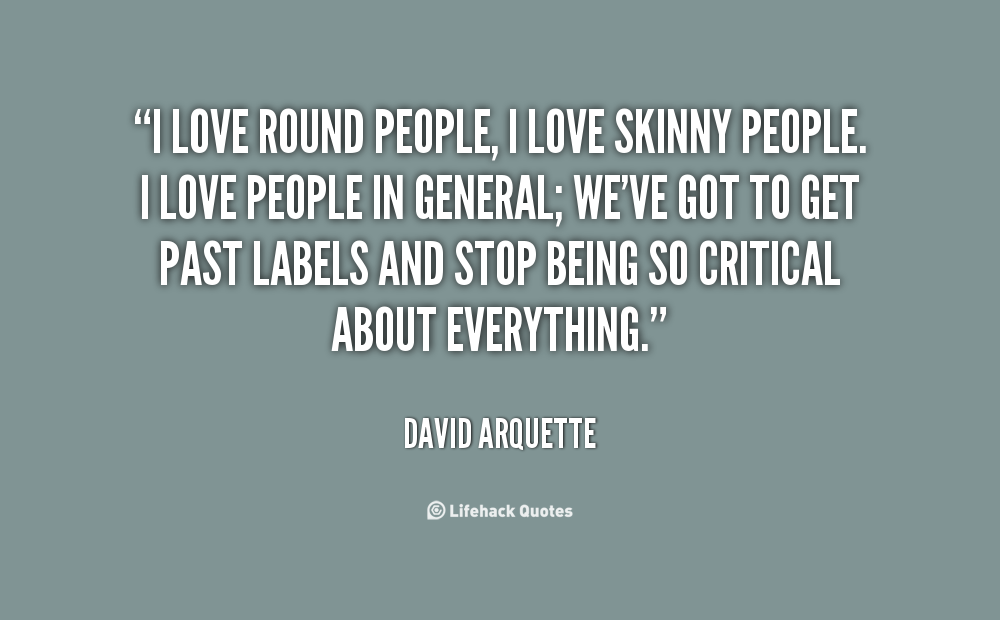
#20
Natasha
Please explain why?
You consider yourself so clear, so correct, and accordingly you project your attitude towards yourself onto those around you. You can't, you think you can't, do something bad and others can't. After all, you are perfect! And accordingly, the projections surrounding are also miracle people. But it's not! You are a person, and a person is a mysterious creature, today we are so hurt right, but put us in conditions of survival, a predator will come out, and they know predators, not only lions, there are still jackals in predators, who we are, we will only know when we find out , but in fact both lions, and jackals, and creeping reptiles, from the situation. And the same for other people. We are imperfect. Mostly everything. And if they are not perfect, then they are capable of any trick and any meanness. Alas and ah.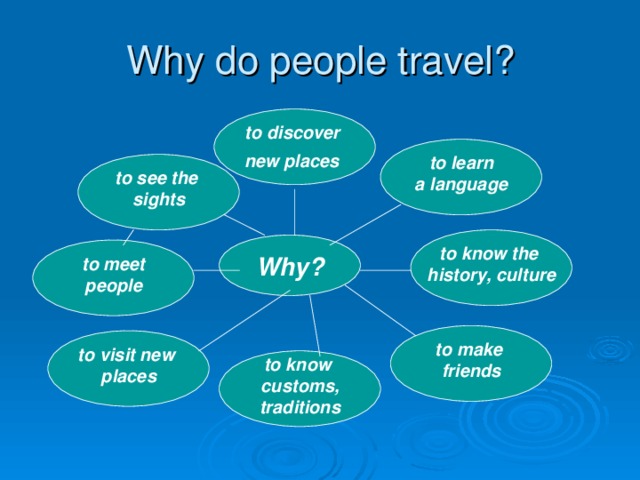 You know, it's beautiful to speak and write on the Internet, but you know. if tomorrow your child needs a kidney / God forbid, God forbid, I'm just for an example / you won't care at all how this donor organ appeared, it doesn't matter at all and even if someone dies for this, but the kidney will do, you just rejoice that your child is still alive. This is our nature. Human. Predator. The most dangerous predator on the planet, without claws, teeth and hair and very fragile. Due to what is it interesting that such a weak and vulnerable creature inspires fear in everyone else? Certainly not because of the beauty of the soul.. 9Experts Woman003
You know, it's beautiful to speak and write on the Internet, but you know. if tomorrow your child needs a kidney / God forbid, God forbid, I'm just for an example / you won't care at all how this donor organ appeared, it doesn't matter at all and even if someone dies for this, but the kidney will do, you just rejoice that your child is still alive. This is our nature. Human. Predator. The most dangerous predator on the planet, without claws, teeth and hair and very fragile. Due to what is it interesting that such a weak and vulnerable creature inspires fear in everyone else? Certainly not because of the beauty of the soul.. 9Experts Woman003
Kremenetskaya Maria
Speech therapist - defectologist
9 answers
Practicing psychologist
831 answer
Vladimir Titarenko
Fitness nutritionist
38 answers
Psychologist
284 answers
Ivanova Svetlana
Coach
49 answers
Osipova Ksenia Andreevna
Psychologist
1 answer
Anna Antonchik
Female psychologist
76 answers
Maria Sinyapkina
Sexologist
40 answers
Tatyana Klimkova
Psychologist
80 answers
Galimov Ildar
Family psychologist
271 answers
#23
Natasha
Evil, it is probably clear, it’s probably like "in the quiet omuta of the devil"
#24
#25
#26
New topics per day:
-
A friend met with a married man, and now her husband has a mistress
5 answers
-
2
5 answers
-
Is friendship between a guy and a girl possible?
25 answers
-
Women love and respect me, but men don't like me
26 answers
-
How to evaluate the act of a friend?
15 answers
-
Girlfriend at the box office
5 answers
-
Nobody cannot tell anyone about your dreams
21 answer
- 9000 9027 I gradually fall out
-
The girl ignores the friend, he is in despair
5 answers
-
The problem in communication
1 Answer
Popular topics per day:
-
I am loved and respected by men
26 answers
-
You can't tell anyone about your dreams0328
18 answers
-
15 answers
-
Girlfriend provides an adult son
11 answers
-
Friends
9000
6 answers
-
A friend met a married man, and now her husband has a mistress
5 answers
-
A friend said he wants to see me.
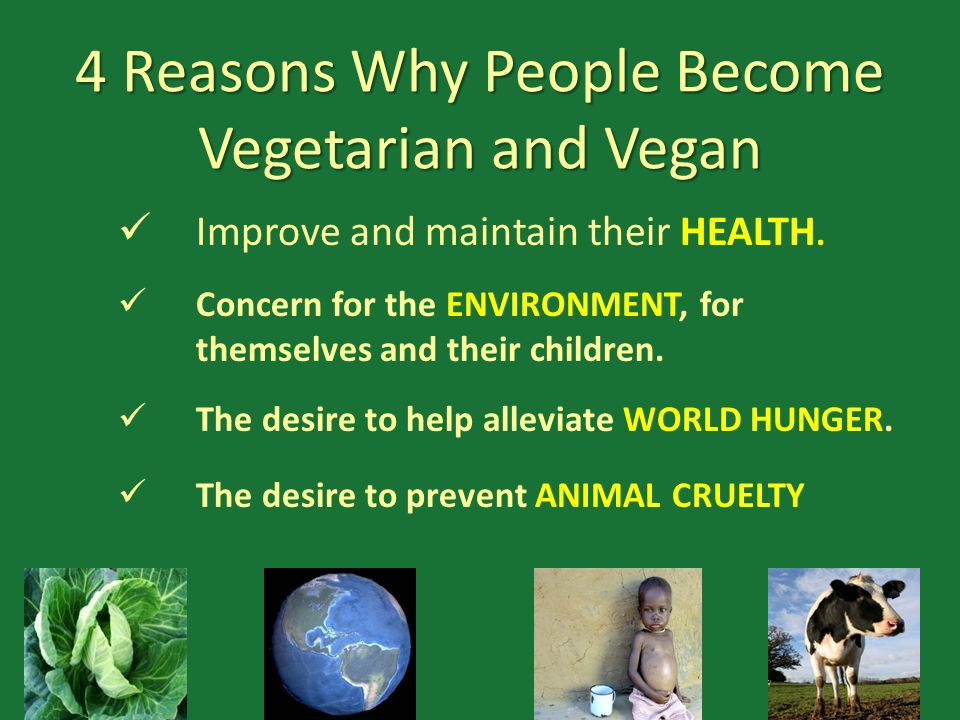
LIVE LIVE FRIEND FRIENDEN and girl?
25 answers

